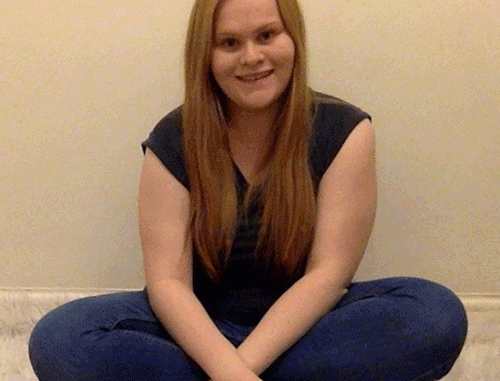
By Hayley Wootton, Chemistry with Biomedicine, Department of Chemistry
A question I’m always asked when I talk to prospective students is “What can I do with this chemistry degree?” Perhaps the most obvious route when graduating with either Chemistry or Chemistry with Biomedicine is, that you can progress into careers in industrial and academic science. However, that’s not all.
When I was told ‘you can do most things with a chemistry degree’ I wasn’t convinced. However, having seen many friends graduate in both courses over the last few years, I can now say it’s true. I’ve known graduates leave and start jobs in many different fields, including research, finance, law, medicine, teaching, project management and publishing, to name a few.
A key reason for the diverse career choices of King’s chemistry graduates is due to the partnerships and connections that King’s has established, because of its central location, reputation and the work of the Careers & Employability team.
The team offer appointments for all students allowing access to advice and direction (for example CV writing, mock interviews, finding internships) to supporting the progression between university students and their chosen career. In my experience, I’ve found that there are numerous careers fairs and panel discussion events, organised to allow students to network with and gain information on careers direct from employers invited into the university. Within the careers team, the Faculty of Natural and Mathematical Sciences (NMS) has a dedicated careers advisor, able to offer support directly to chemistry students.
Ensuring students are prepared for their next steps is also regarded highly within the department. Students are frequently encouraged to undertake summer internships to gain valuable experience in whichever career they wish to progress into and not just science. Creating opportunities within the department, numerous academics each year support the King’s Undergraduate Research Fellowship scheme, hosting students within their lab allowing access to paid research experience. I completed a KURF placement with a departmental research group in the summer of my third year. I know this additional research experience has strengthened my application to PhD’s this year, which I may not have had without departmental support for this scheme.
In addition to summer internships, the department also encourages full year placements, having introduced each degree as a course “with professional placement” to recognise completion of this as part of a student’s degree. Demonstrating their support for ensuring students can access whichever field they aspire to on completion of their degree, the department have designed these courses such that the years placement, as long as it is a paid position, can be in any field not just science.
Personally, after I finish my degree I want to progress to postgraduate study, working towards a PhD in research, with a plan to eventually continue to a career in academia. I’ve also developed an interest in working in outreach and public engagement with science and have had the opportunity to witness departmental initiatives in such areas, helping to confirm I want to build this work into my own career. I am particularly interested in working in research in organic synthesis/chemical biology; interdisciplinary research using chemistry to understand biological problems. Within the department, there are numerous active researchers with focuses in this field. This has allowed me the opportunity to work in this for my fourth year research project, and as a result I have been offered a PhD position in my desired field of interest.

Leave a Reply